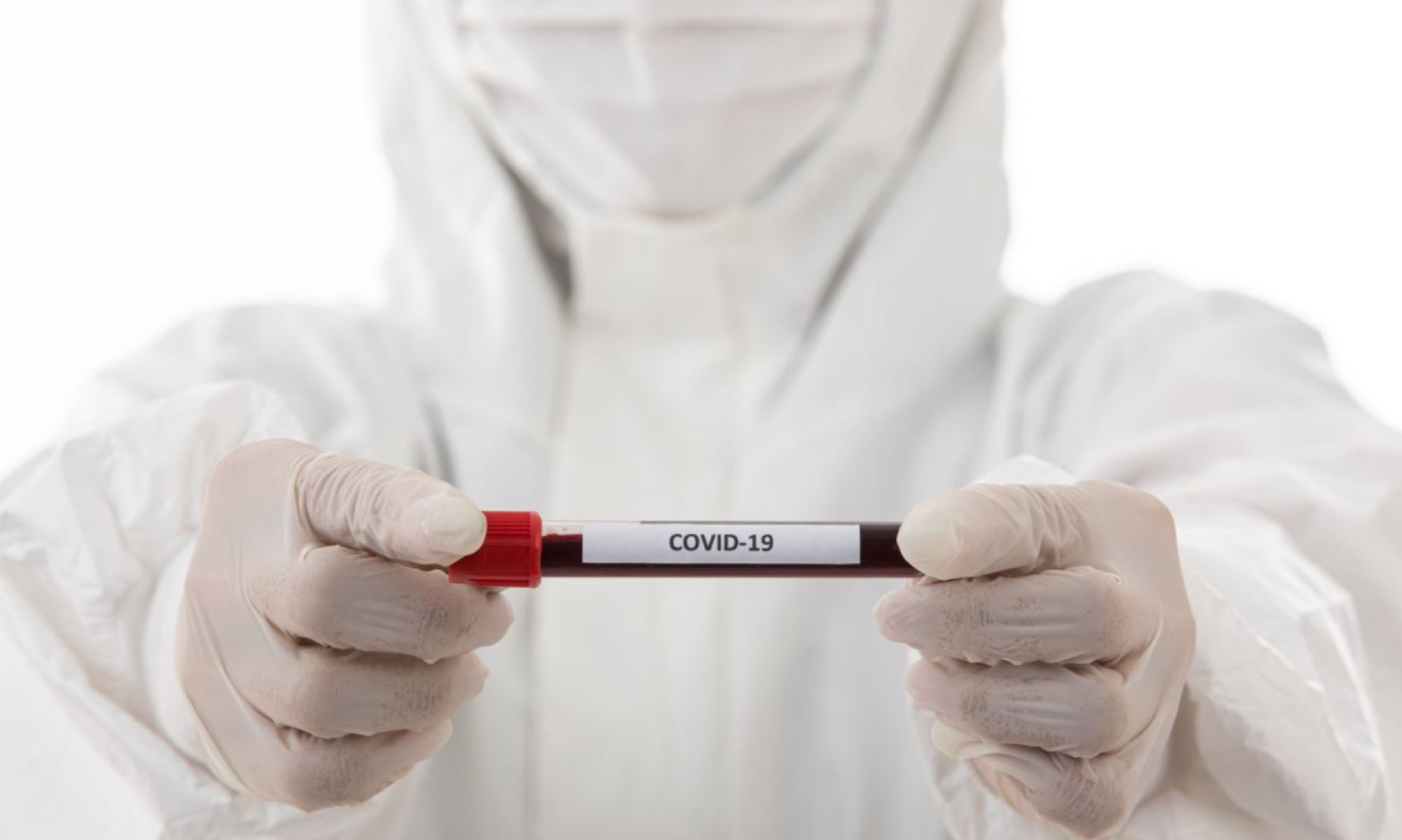As COVID-19 spread across the world, so did conspiracy theories and false information about the virus. This proliferation of misinformation–labeled an “infodemic” by the World Health Organization (WHO)–makes it difficult to identify trustworthy sources and can threaten public health by undermining confidence in science, governments, and public health recommendations.
The consequences of misinformation can be tragic: hundreds died and thousands were poisoned in Iran after consuming toxic methanol alcohol, falsely believing it could cure COVID-19.
In a new article in the Journal of Public Health Policy, legal scholars at NYU School of Global Public Health and the global health organization Vital Strategies identify five approaches countries have taken to address misinformation about COVID-19. Their tactics ranged from helpful practices like creating media campaigns sharing accurate information to harmful practices like suppressing whistleblowers and factual information, or disseminating disinformation (the intentional spread of false information) on their own. Several approaches criminalized expression, eliciting human rights concerns, given that international law protects freedom of expression.
Continue reading “How governments address COVID-19 misinformation–for better or for worse”